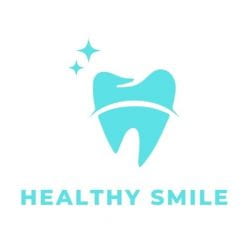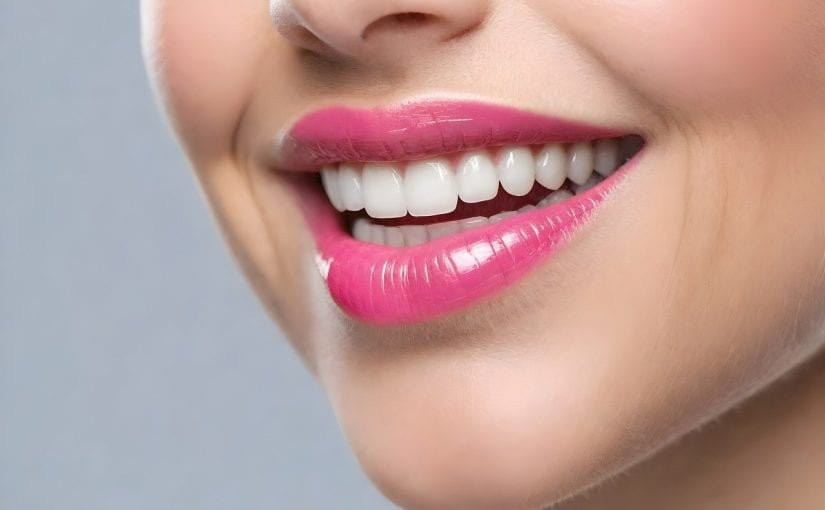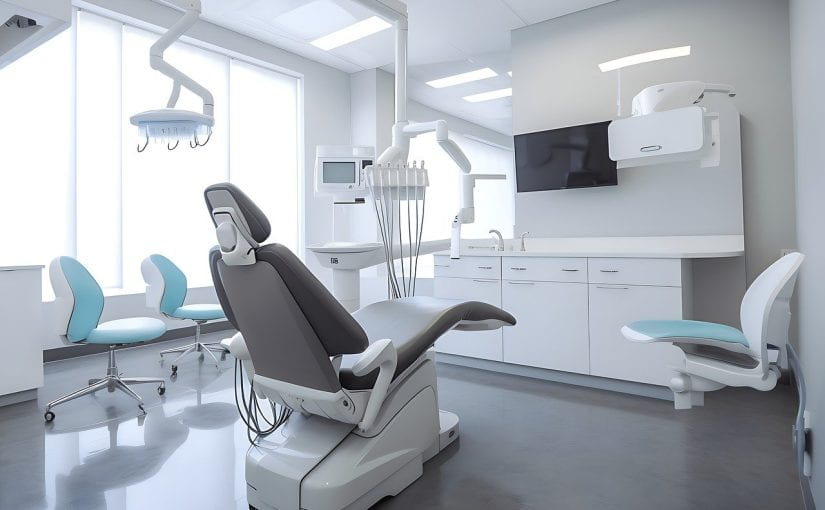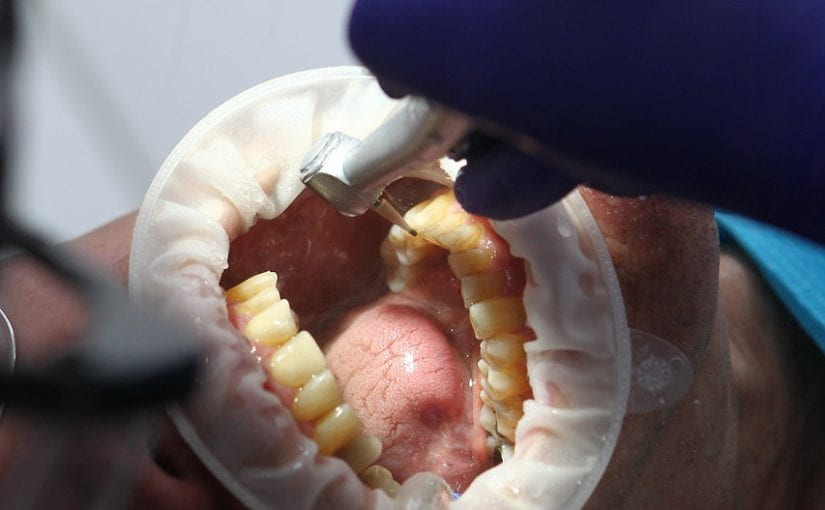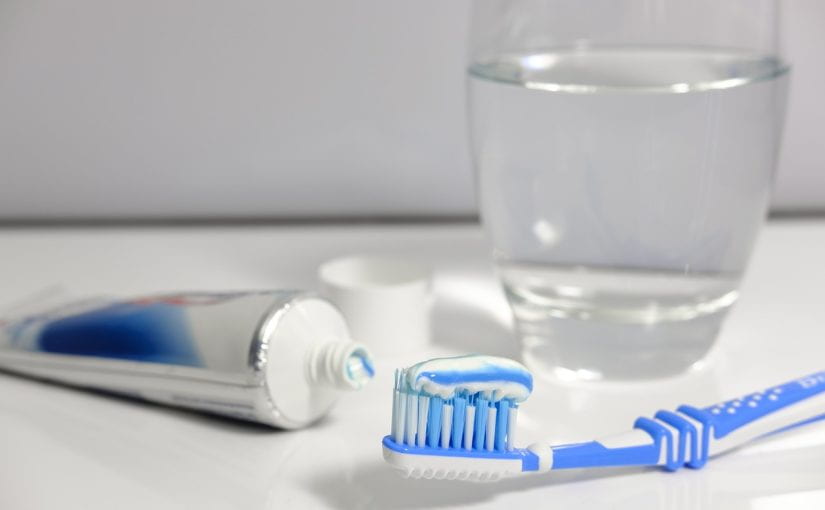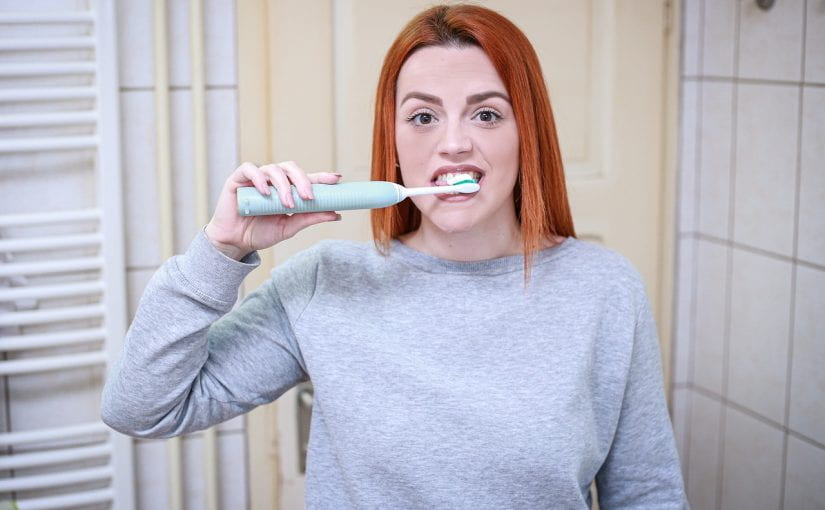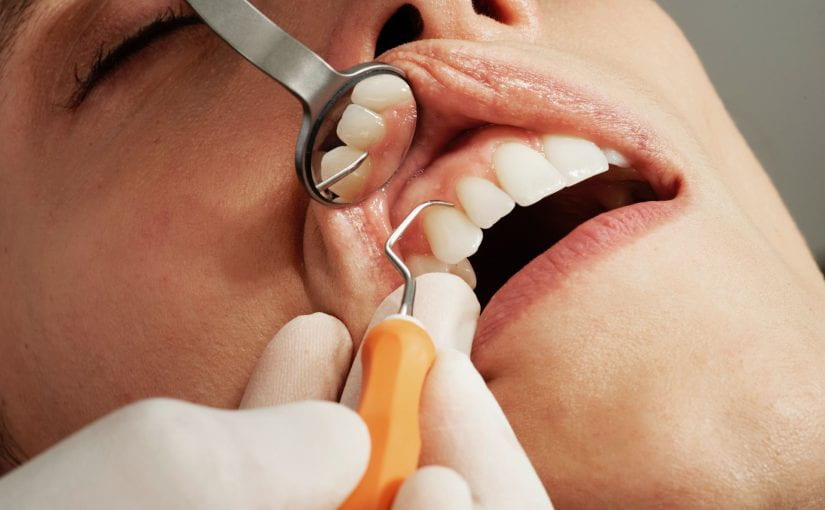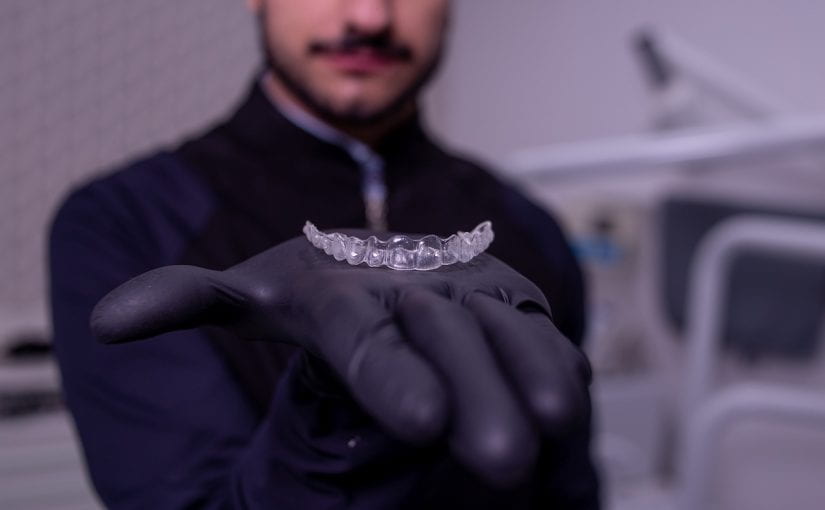Your smile is often one of the first things people notice about you. Whether it’s a warm grin or a dazzling display of teeth, a beautiful smile can significantly impact your self-confidence and overall appearance. If you’re looking to enhance or perfect your smile, cosmetic treatments can offer transformative solutions tailored to your unique needs. In Newbury, both family dentists and cosmetic dentists provide a range of options to help you achieve the smile of your dreams.

Image Credit: Pixabay
The Role of a Family Dentist
Family dentists in Newbury play a crucial role in maintaining oral health while also offering cosmetic services. They understand the importance of a healthy smile and provide comprehensive care for patients of all ages. Many family dentists have training in cosmetic procedures, enabling them to recommend treatments that align with your aesthetic goals and dental health needs. Whether it’s teeth whitening, bonding, or veneers, a family dentist can help you explore your options and develop a personalized treatment plan.
Popular Cosmetic Treatments
1. Teeth Whitening: One of the most sought-after cosmetic treatments, professional teeth whitening can dramatically brighten your smile. Family dentists in Newbury often offer in-office whitening treatments that deliver immediate results, as well as take-home kits for gradual whitening.
2. Veneers: For those with chipped, misaligned, or discolored teeth, dental veneers can provide a stunning transformation. These thin shells of porcelain are custom-made and bonded to the front surface of your teeth, offering a natural appearance while correcting imperfections.
3. Bonding: Dental bonding is a quick and effective way to repair minor chips and gaps in your teeth. The process involves applying a tooth-colored resin to the affected areas, which is then shaped and polished to blend seamlessly with your natural teeth.
4. Invisalign: For adults seeking orthodontic treatment, Invisalign is a popular choice. This clear aligner system is virtually invisible and allows for discreet teeth straightening. Many cosmetic dentists in Newbury offer Invisalign as an alternative to traditional braces, providing flexibility and comfort.
5. Dental Implants: For individuals with missing teeth, dental implants offer a permanent solution that mimics the appearance and function of natural teeth. Cosmetic dentists can guide you through the implant process, ensuring a beautiful and functional smile.
Finding the Right Cosmetic Dentist
Choosing the right cosmetic dentist is essential for achieving the results you desire. Look for a dentist with experience in cosmetic procedures, positive patient reviews, and a commitment to personalized care. Schedule consultations to discuss your goals and explore the options available to you. Enhancing and perfecting your smile through cosmetic treatments can lead to increased confidence and a brighter future. Whether you visit a family dentist or a specialized cosmetic dentist in Newbury, the path to your dream smile is within reach. Don’t hesitate to take the first step toward a more radiant smile today!
